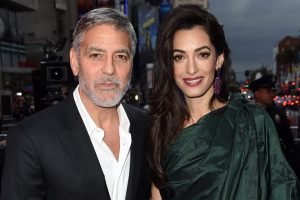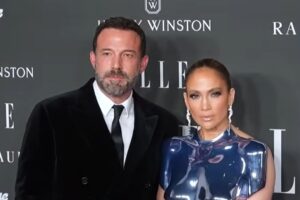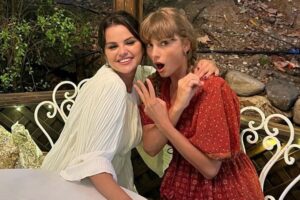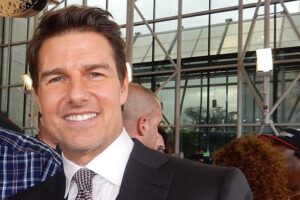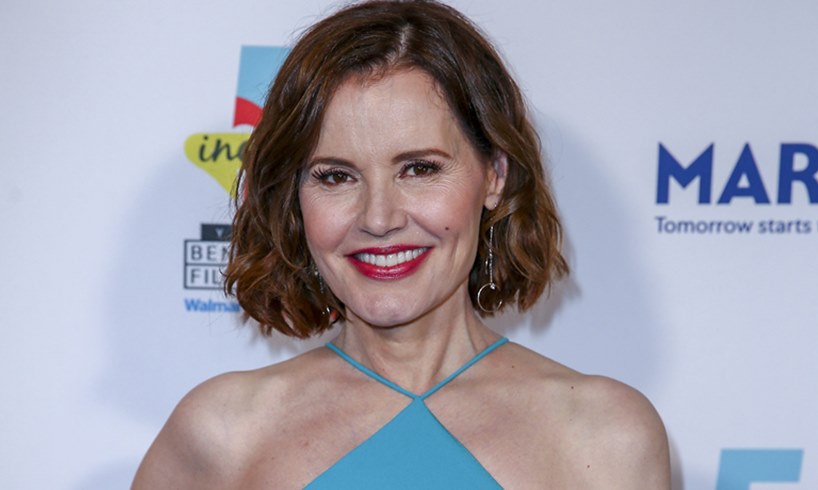
Legendary actress Geena Davis has decided to dance to her own beat, loving life, and she is making sure that other mature women get the opportunity to be viewed authentically.
Davis, who grew up to be polite, is marching on with her life as a true rebel who picked up archery in her 40s and made it as a semi-finalist for the 2000 Olympic trials.
The Oscar winner became a first-time mother at 46 and had twins at 48. In a new interview with Closer Weekly, she revealed that she did everything on her own terms.
The Long Kiss Goodnight star confessed: “In my case, I became a parent at exactly the right time.” At the age of 64, the Beetlejuice actress is more liberated and is wiser than before.
She added: “I honestly feel that every year has gotten better. I like how I look better every year. I feel better. I was raised to be such a demure, polite child. So, it’s been my life’s work to become more authentic.”
Davis further elaborated: “I honestly feel that every year has gotten better. I like how I look better every year. I feel better.”
Part of that journey has been about finding the things that make her happy. The mother of three continued: “It’s been my motto that if a person can do it, I can do it. It’s kind of ambitious, but I really believe there are no limits on what we can do and learn no matter what age we are.”
The Thelma & Louise actress has been actively fighting for women 50 and over to have better opportunities in the workplace since 2004, via the Geena Davis Institute on Gender In Media.
The Ava actress said it is wrong to call women of a certain age “cranky” and “unattractive.”
She explained: “So often they are stereotyped as being cranky, unattractive and dowdy — not the vital, thriving people that we are. It’s a lifelong challenge to own your life and be in charge of your destiny.”
Talking to PEOPLE Magazine, she revealed there is more to be done.
She shared: “And I thought, surely in the 21st century, we should be showing kids that boys and girls share the sandbox equally. I mean, by now, we’re all trying to work on the problem of gender equality and fix this problem, yet from minute one, we’re teaching kids to have unconscious bias by saying. Basically, girls are not as important as boys.”
Some observers argue that Davis could have been used in more meaningful ways in her latest projects.


